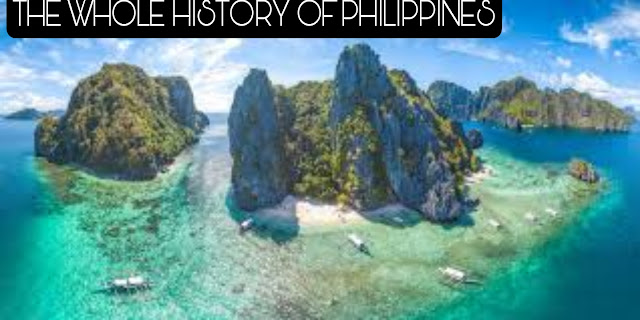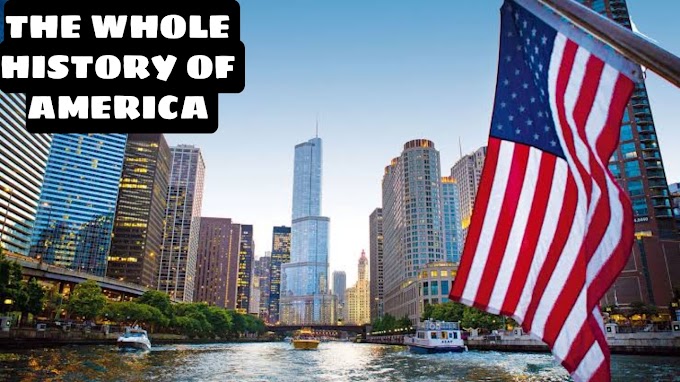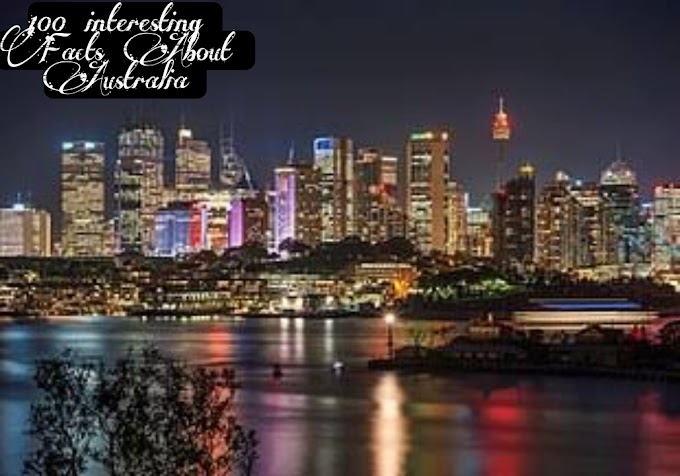THE WHOLE HISTORY OF PHILIPPINES
Hello Guys:
Welcome to Countries Facts so Today in this Article I will show you the whole history of philippines is made up of seven thousand islands with a culture that has a mix of spanish american japanese and other asian influences mixed with their own individual way of life making them one of the most unique and interesting countries in all of asia the earliest evidence of human habitation in the filipino islands dates back a whopping 700 000 years ago to the island of luzon where rhino bones with distinct tool markings and stone tools were found in 2018 it is believed that those tools could have belonged to homo erectus a species of human that evolved before our own in terms of modern humans though there is a lot of debate about when and from where they first arrived the most accepted theory states that the earliest settlers were australians who sailed from the island now known as taiwan and then later from indonesia malaysia india and other parts of asia however those people got there they were incredibly fascinating from the very beginning settlements began emerging across the islands for the last few thousand years before christ but there was no unifying political force between them through the centuries the different settlements on the different islands developed their own economy social structures and religions and by 1300 there were several large settlements that became trading centers between the other islands and other countries such as malaysia and india but things took a very big turn in the 15th century islam first became introduced to the sulu archipelago in mindanao through brunei and soon became the dominant religion throughout the islands over the next century two sultanates were established and they facilitated the social political and religious changes that came with islam islam spread far and reached as far north as manila but the philippines time as a muslim-majority region didn't last long the time has come for the first wave of imperialism the spanish first arrived in the philippines in march 1521 as portuguese explorer ferdinand magellan led an expedition around the world he claimed the islas de san lezada for spain and spent some time traveling around the different islands trying to befriend the locals so he could convert them to catholicism however not all the indigenous people were willing to befriend the outsider and convert to his religion and he was eventually killed in battle a little over a month after his arrival and so ended another famous explorer who threatened to kill everyone who wouldn't convert to catholicism and no wonder he had quite a few enemies a short time later king philip of spain sent three more expeditions to the philippines in order to conquer the islands for spain in 1565 the first permanent spanish settlement was established in cebu by miguel lopez de la gaspi over the next three centuries the spanish ruled over the islands converting the locals to catholicism teaching them their language introducing new crops like cacao and corn building schools for the rich and uniting the thousands of filipino islands and you know what the unification part wasn't really that hard because most of the local people hated the spanish invaders and so you know they had a common enemy to unite against despite several attempted revolts led by filipinos the spanish rule over the philippines was mostly uncontested by other powers except for a brief time in the 18th century when the british took over but tensions still grew between the filipinos and their oppressors as they were tired of the spanish taking their wealth for their own benefit and refusing to give people public education until 1863 among many other things in fact the lack of public education meant that only about one-fifth of the population could speak spanish fluently as a result of their frustrations an activist group called katipunan was formed to plan a revolt and after some catholic friars uncovered evidence of their plans to overthrow the spanish fighting broke out in 1896. to me personally revolutions is one of the most interesting parts to talk about when it comes to any country's history i hate war and i think it's incredibly bad but at the same time you know it's very important for people to have their freedom the revolution went on and on and about two years into the conflict spain also found themselves fighting in the spanish-american war the united states fought some battles in the philippines and decided to use the philippine revolution to their advantage admiral george dewey invited the exiled filipino revolutionary leader emilio aguinaldo back to the philippines with a u.s escort in order to declare independence from spain aguinaldo accepted and arrived back in the philippines in may 1898 and less than a month later he declared the philippines independence however later it turned out that the americans wanted the philippines for themselves and just two months later they captured mandela which was still held by the spanish and wouldn't allow filipino forces to enter the city so even though the philippines had just declared their independence with the help of the united states the us didn't actually recognize their sovereignty and the fighting in the philippines continued for another two years while the united states slowly gained control and unfortunately they were successful as a us territory the philippines was granted representation in the house of representatives and the senate and were promised independence by 1946 but that promise was broken on december 8 1941 when just hours after they bombed pearl harbor the japanese invaded the philippines many us troops left in the philippines was surrendered to the japanese in april 1942 the philippine and american army spent the next two years fighting guerrilla warfare against the japanese until october 1944 when general douglas mark arthur and president sergio osmena returned to the philippines and liberated it from the japanese finally independence for the philippines yes less than two years after finally gaining their true independence they held their first elections and manuel rojas was elected as the first president of the republic of the philippines the first several years of philippine independence were marked by economic and political reconstruction as they recovered from the damages left by the war and tried to establish a stable political system however there were still some unrest within the country as some disagreed with the republic and pushed for communism and that movement didn't really gain a lot of traction in the philippines so uh we can move on in 1965 ferdinand and marcos was elected to the presidency and faced major economic problems which were made worse by things like corruption smuggling and tax evading he worked to end those problems and his efforts won him re-election making him the first philippine president to do so however towards the end of the second term civil unrest caused by religious and political differences was worsening and marcos declared martial law in 1972 claiming it was to suppress dissent and protect the people turning himself into a dictator overnight his dictatorship was accused of human rights abuses against not only political opponents but journalists student activists farmers and pretty much anyone who spoke out against them martial law lasted all the way until 1981 when marco's downfall began public anger towards the dictator only became stronger and stronger in the next few years and in 1986 a snap election was called in which corazon aquino the widow of one of marcus's opponents won she was able to not only kick marcos out of office but also creating new government that undid the policies of his oppressive regime since then the philippines has become a major player on the world stage despite economic setbacks caused by the 1997 asian financial crisis their economy has managed to become the 13th largest in all of asia they are also just some of the most positive and friendliest people you could ever meet their resilience and positivity in the face of many horrors they've been through should be an inspiration to the rest of the world they embrace their history the good and the bad and they're proud of it they deeply value their traditions and they're always ready to celebrate them with their families as well as with new friends you'll be hard-pressed to find a filipino that isn't excited to talk about their own country so if you ever get the chance to go to the philippines yourself definitely go for it do not hesitate to explore as much as you can because i mean they have 7 000 islands what i'm sure you're gonna have loads of fun Goodbye.
















